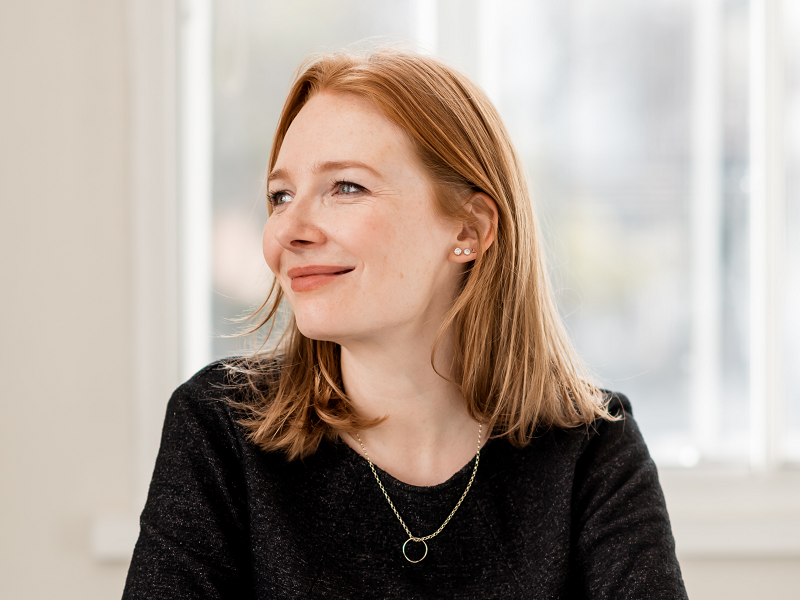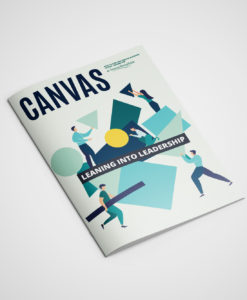
Rosanna Cundall is a Partner in our Arts, Culture and Creative Industries practice. She joined the Saxton Bampfylde team in 2019 and we are delighted to share a bit more personal insight and her thoughts and experience in the Arts world.
Past, present and future
I joined Saxton Bampfylde in September 2019 as Partner and Consultant in the Arts, Culture and Creative Industries practice group. Our focus is finding Executive and Non-executive Directors across museums, galleries, performing arts, media, publishing and film. I am also working with the luxury goods industry, particularly family run businesses to identify senior leaders in that field. Previously I spent ten years at a boutique search firm specialising predominantly in the commercial art world.
Rainy day dreams
If I had to wish myself away to one place right now it would be the Al Moudira hotel in Luxor, Egypt – a place I visited on a trip last year. It’s a magical hotel with wonderful architecture, right next door to Valley of the Kings and Karnak, as well as other impressive heritage sites. I can’t wait to go back.
True passion
Arts and Culture is my broad passion. I’m interested in lots of different areas which is why I enjoy working with such a variety of businesses. I am also a big believer in how arts can be a power for good in difficult circumstances. I sit on the Development Committee of a brilliant charity called Hospital Rooms, which commissions leading artists to produce site specific work for NHS psychiatric units across the country. Having had a close family member spend time in these units, I care deeply about improving the experience of the inpatients and have seen first-hand how art can have a transformative impact.
Sum up your sector in three words
The sector, its potential and interpretation is so broad I can’t pick three: indefinable!
What attracted you to your role at Saxton Bampfylde?
I worked previously in a specialised area of the arts, and the role at Saxton Bampfylde allowed me to work more broadly in the wider field such as theatre, opera, ballet and film. I was also interested by the prospect of being in a large firm with practice groups that spanned many different industries. Saxton Bampfylde has been responsible for placing leaders in the arts sector whom I greatly admired, such as Tristram Hunt at the V&A, Axel Rüger at the Royal Academy and Nicholas Cullinan at the National Portrait Gallery and I am delighted to now be part of that team with the opportunity to make further exciting appointments in the future.
You have worked with a number of international and commercial clients in the past. Can you share a bit about your focus at Saxton Bampfylde?
I work on searches across the broader arts and cultural sphere, at Executive Director and Board level. With my background strongly in the commercial area, I also work with the luxury goods industry where there is a lot of candidate cross over so it feels a natural fit. I’ve always worked with clients globally, so it is very natural to continue to work across continents on roles in the US, Europe, Middle East and Asia. Being part of the Panorama community is really exciting and I am looking forward to partnering with other colleagues on projects across the world.
What does the competitive landscape look like for talent in the Arts and Culture sector?
The major institutions have always attracted a high volume of candidates and the roles within those organisations are very competitive. However, the demands on our leaders to be polymaths have never been greater so it’s becoming an even harder task to find the right candidates. Directors today need to be adept at, or at least, very aware of, fundraising, diplomacy, communications, management, digital and retail, whilst often requiring a strong curatorial and academic background. Programmes like Clore Leadership, with whom we partner, are so valuable in this sector to help develop, encourage and open up leadership talent. I believe these types of programmes are only going to become even more important as we move forward.
How important is it for the wider Arts and Culture sector to have access to international talent?
Extremely important. The arts and culture world is international for the most part, and diversity of thought, location and ethnicity is a really important part of keeping our institutions at the forefront of society. Thinking as a community and sharing in resources, rather than operating in silos has to be the best way for all of us to face the challenges ahead.
How much emphasis is there on diversity at board and senior executive level across the Arts sector in your experience?
The emphasis on diversity is significant, and rightly so. The sector needs to reflect its current and potential audiences, which ultimately is a full reflection of society. Those working in and leading the arts and creative industries need to drive that commitment to diversity, and while it is not at a level that feels acceptable yet, there is much progress and a hugely increased emphasis to think and act differently which is a step in the right direction.
